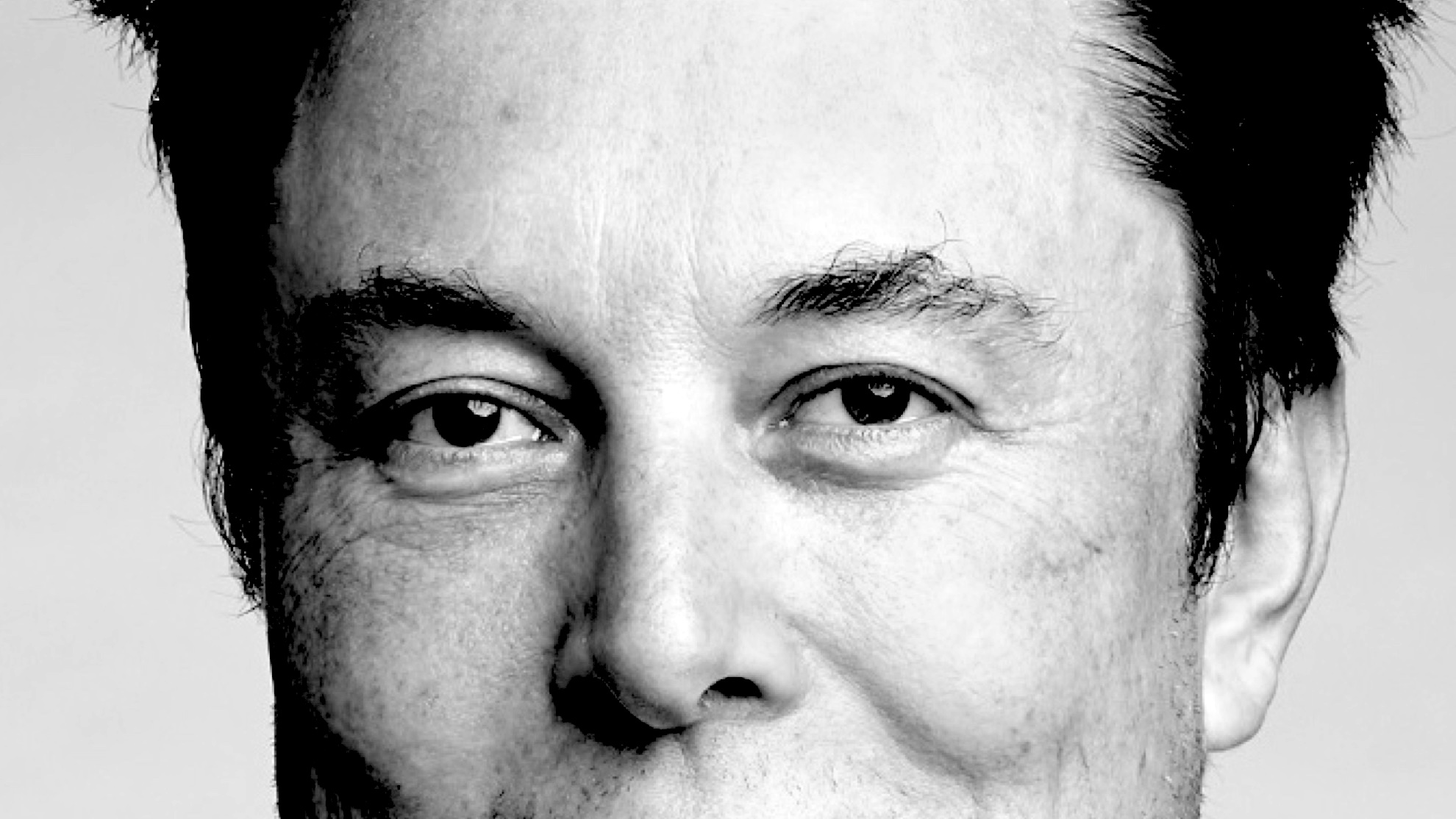What does Elon Musk mean for the future of Twitter?
One of Twitter's most notorious trolls now owns the whole thing. Should you worry?


Get all the latest news, reviews, deals and buying guides on gorgeous tech, home and active products from the T3 experts
You are now subscribed
Your newsletter sign-up was successful
It's official: Twitter is now owned by Elon Musk. After months of controversy and a fair bit of trolling, the Tesla boss has purchased the social network and began firing people – including the head of trust and safety, who's in charge of making decisions about problematic service abusers such as the banned Donald Trump.
Musk hasn't wasted any time in making changes. This morning, Bloomberg reported that he intends to reverse the lifetime bans on Twitter users kicked off the service – bans typically implemented after months of ongoing abuse of other Twitter users. Musk is expected to announce more plans later today.
So what does this mean for Twitter? Could Musk's involvement make it as successful as SpaceX, or is the new boss going to destroy it?
Twitter and Musk: the signs aren't good
Musk has made it very clear that he intends to sack lots of staff and change lots of policies, particularly over free speech. But he's already backtracked on some of his belligerence in a post to advertisers, who he's promised that he won't turn Twitter into a "free-for-all hellscape".
For those of us who already see Twitter as a free-for-all hellscape, that isn't particularly reassuring: Musk has made it very clear that he wants people to be able to say pretty much anything with impunity, and that he believes that people currently banned for abusing others should be unbanned.
That's in direct conflict with his promise to advertisers that "Twitter aspires to be the most respected advertising platform in the world". Far-right forums are already full of Musk fans salivating at the prospect of posting anti-semitic, racist, misogynist and anti-LGBT+ tweets with impunity; no respectable brands are going to want their content next to that.
The problem with using Musk's tweets as tea leaves to predict the future is that Musk is utterly unreliable. His Tesla career is full of grandiose claims and broken promises, such as full self-driving Teslas by mid-2007; brain implants in humans by 2020; Hyperloop, which is currently a one-Tesla tunnel; the Tesla truck in 2019; and the million robo-taxis we'd see on the road by 2020. With Musk what's important isn't what he promises; it's what he actually delivers. The two are often very different.
Get all the latest news, reviews, deals and buying guides on gorgeous tech, home and active products from the T3 experts
Writer, musician and broadcaster Carrie Marshall has been covering technology since 1998 and is particularly interested in how tech can help us live our best lives. Her CV is a who’s who of magazines, newspapers, websites and radio programmes ranging from T3, Techradar and MacFormat to the BBC, Sunday Post and People’s Friend. Carrie has written more than a dozen books, ghost-wrote two more and co-wrote seven more books and a Radio 2 documentary series; her memoir, Carrie Kills A Man, was shortlisted for the British Book Awards. When she’s not scribbling, Carrie is the singer in Glaswegian rock band Unquiet Mind (unquietmindmusic).
